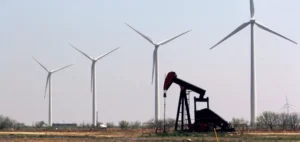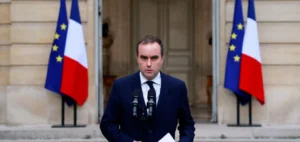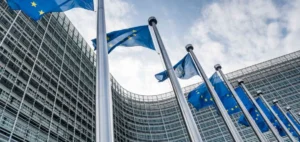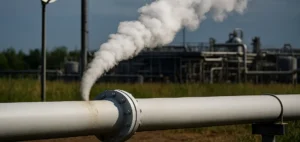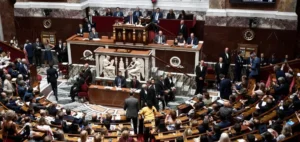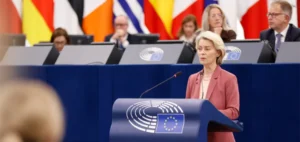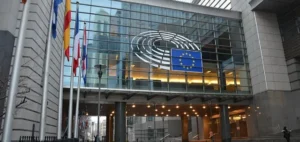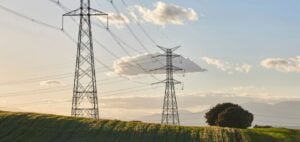Spain “respects” Germany’s decision to put in place a 200 billion euro support plan to protect its economy from the energy crisis, the Spanish Prime Minister said Wednesday, while the measure is the subject of much criticism in Europe.
“We respect the decision of the German government,” said the socialist Pedro Sanchez at a joint press conference with German Chancellor Olaf Scholz in A Coruña, in northwestern Spain.
We must be “empathetic with the situation that Germany is going through, which sees its economy, its industry and German homes more affected by the war” in Ukraine, said the Spanish Prime Minister.
Germany “being the main European economy, we all want it to do well economically”, commented Pedro Sánchez.
France and other European Union officials have expressed concern about Germany’s initiative, accused of going it alone with its 200 billion euro support plan to protect households and businesses, and have suggested better coordination of national plans.
EU leaders are calling for collective solutions to the energy crisis: since the start of the war in Ukraine and the sanctions against Russia, Moscow has drastically reduced its
natural gas supply.
Germany is the country most affected by this shortage of cheap gas, a shortage that affects its industry.
For his part, Olaf Scholz defended his energy package. The chancellor explained that plans with the same objectives had been announced in several European countries, such as Spain and France.
If we take into account “the size of the German economy”, the Berlin plan is in line with “the decisions taken in other countries”, he said.
He also reiterated his support “explicitly” for the MidCat, a gas pipeline project between Catalonia (in northeastern Spain) and southeastern France, an idea defended by Madrid and opposed by Paris.
Work on the pipeline had been halted in 2019 due to its environmental impact and an economic interest then considered limited, but since then Spain has reactivated the idea of such a pipeline in the midst of the energy crisis.
Supported by Madrid but also by Berlin, which sees it as a way to reduce the EU’s dependence on Russian gas, MidCat (short for Midi-Catalogna) would allow Spain, which has 30% of Europe’s liquefied natural gas (LNG) regasification capacity, to export gas by ship from the United States or Qatar to the rest of Europe.







